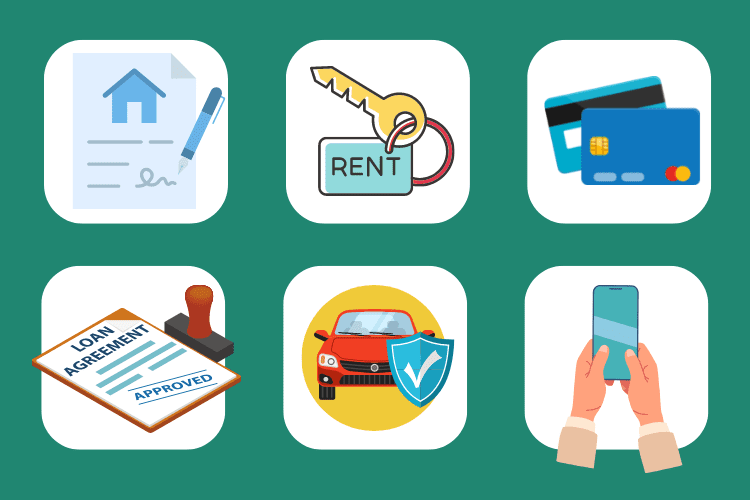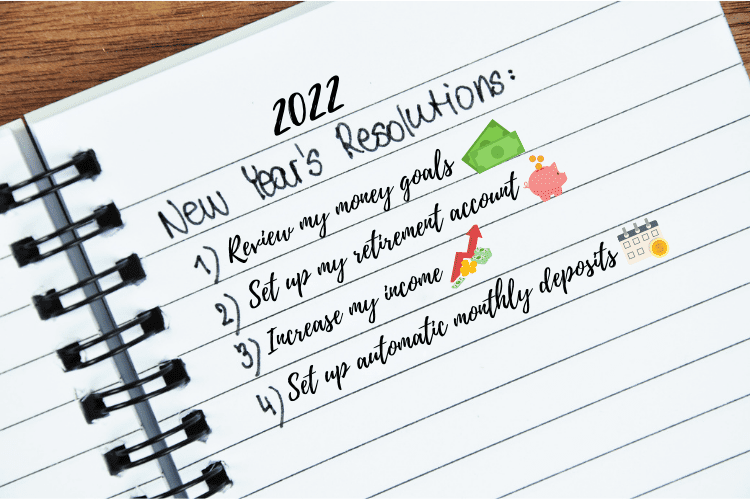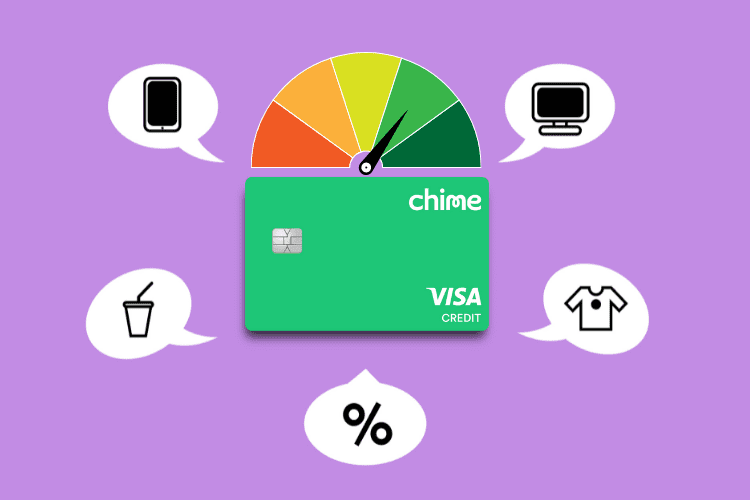How to Manage Money After a Job Loss

Your job is so much more than a responsibility; it’s your financial bedrock. From gas and groceries to electric and cell service, your job helps you afford the costs of your lifestyle. So what happens if you suddenly lose that job?
After the initial shock and anger wear away, set your mind to create a financial plan to navigate your job loss. Even if it seems impossible, there are a few easy ways to stay afloat during such an unpredictable time of your life.
Apply For Unemployment Insurance
Unemployment Insurance is a state and federal program that provides cash benefits to recently unemployed workers. It’s possible that you could qualify for unemployment if the terms of your job loss sound something like this:
- You are unemployed through no fault of your own. This could be the result of a company shutdown or reorganization, the end of temporary employment, involuntary reduction in the workforce, and other similar situations.
- You meet your state’s requirements for wages earned or time worked.
- You are able to work and actively looking for work.
In New York, for example, you must have worked and been paid wages for work in at least two calendar quarters in your “base period.” New York also requires that you were paid at least $2,400 in wages in one of the calendar quarters.
If you quit your job or you were fired for violating company policy, you most likely can’t collect unemployment insurance benefits.
Cut Expenses Following a Job Loss
You might be surprised to find how much spending you can eliminate when you really try. Consider these very simple tips to save hundreds or even thousands of dollars every month:
- Buy generic brands and always shop sales.
- Consider selling one of your vehicles and do ridesharing or use public transportation.
- Reduce or cut down your non-essential utilities like cell phones, internet, cable, and streaming services.
- Skip on luxury items and experiences until you’re employed again. This includes memberships, personal care products, entertainment, and eating out.
If you predict your unemployment situation won’t last long, you can also consider asking your creditors for deferments on loan payments. If you have big credit card balances, just pay the minimum due (not a great plan, but ok for a while if you’re in a crunch). This doesn’t reduce the money you owe, but it allows you to essentially pause your payment schedule to get some much-needed breathing room. Besides, you never know the options that exist until you ask.
Start a Side Hustle
We’re lucky to live in such a dynamic and flexible economy. Even if you can’t replace your old nine to five job right away, it’s not hard to find other sources of income. Consider doing some part-time work or take a free-lance gig to pay the bills and keep the wheels turning.
There are dozens of lucrative side hustle ideas out there, just waiting for you to begin:
- Sell items or collections of Ebay, Craigslist, or Facebook Marketplace.
- Drive for Lyft or Uber.
- Rent a spare room or property on Airbnb.
- Sell services like blog writing or voice overs on the freelance platform Fiverr.
- Walk dogs or become a nanny.
- Clean houses.
Of course, you could always find a good, old-fashioned part-time job at your local grocery store or mall. As long as you’re making money while searching for your next dream job, you’ll find a way to make it all work.
Read about micro-investing and how to get started with our complete guide: Micro-Investing: What It Is, Why It’s for You and How to Start.










